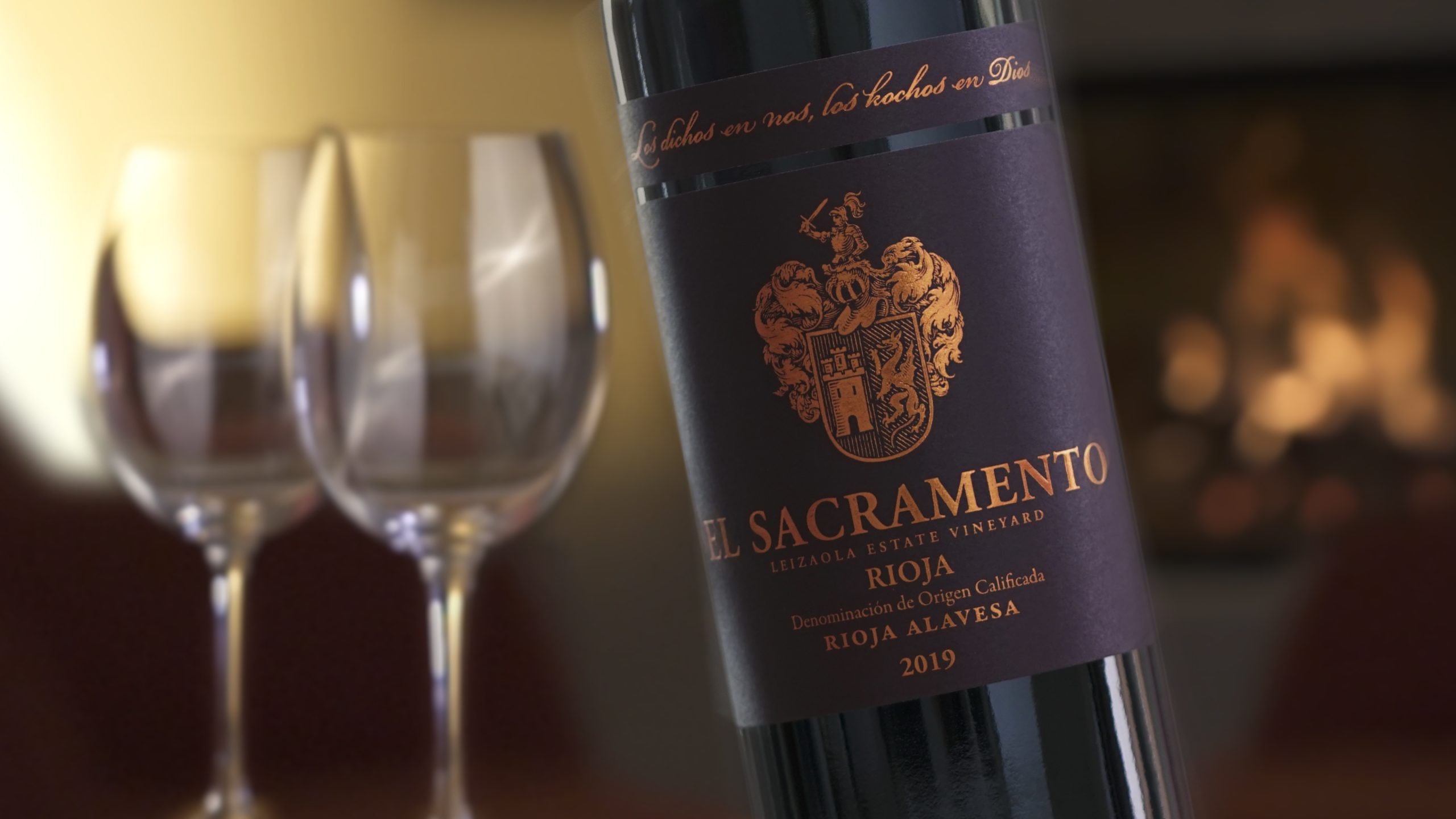London now home to fifth of England’s gin distilleries
By Phoebe FrenchLondon now boasts 24 gin distilleries, more than the total figure for England in 2010, and has the highest percentage of gin drinkers in the UK, according to recent statistics from the Wine and Spirit Trade Association (WSTA).
The original Sipsmith distillery in Hammersmith.
In a recent study conducted by the WSTA, it was revealed that 28% of the London adults surveyed said that they drink gin, a larger percentage than any other region in the UK.
In addition, over 20 specialist gin-themed bars have opened in the capital over the past couple of years, making it a major centre of the modern gin renaissance.
London’s list of distilleries now includes: Doghouse Distillery (SW8), Old Bakery Gin (N13), Bimber Distillery (NW10), Boxer Gin (W10), Portobello Star (W11), Sipsmith (W4), Graveney Gin (SW17), Four Thieves (SW11), Thames Distillers (SW4), Beefeater Distillery (SE11), Half Hitch Gin (NW1), Highwayman Gin (NW5), Sacred Spirits (N19), 58 Gin (E8), East London Liquor Company (E3), City of London Distillery (EC4Y), Bermondsey Distillery (Jensens Gin) (SE1), Bump Caves Distillery (The Draft House) (SE1), The London Distillery Company (SE1), Kingston Distillers (Beckett’s Gin) (KT1), Portobello Road Gin (S11), Butler’s Gin (N16), Little Bird Gin (SE1), and Hayman’s (SW12.)
However, London’s gin producers have expressed their concern ahead of the Autumn Budget, due to be published on 22 November. A total of four London distillers, as well as 17 other gin producers from across the UK, have called on the Chancellor “to freeze spirit duty and head off a painful tax bill set to stifle the British gin boom”.
In partnership with the WSTA, 21 UK distillers have written to Phillip Hammond and the secretary of state for business, energy and industrial strategy, Greg Clark, to express their concern about planned spirits duty rises.
In March, the Chancellor increased spirit duty by 3.9% to reflect inflation which increased the price of an ‘average priced bottle of spirits’ by 30p. This month, it is thought that he will increase duty once more, this time by 3.4% adding an extra 26p to the price of a bottle.
If this change is implemented, gin duties collected in the UK will rise by £25 million on last year with the government set to collect £2 billion from British gin over the next five years.
The WSTA has stated that the increased tax burden “will stifle the growth of innovative, creative start-ups who have helped drive the gin renaissance and allowed British gin to break records both home and abroad”.
Alex Wolpert, founder of the East London Liquor Company, commented: “We absolutely support a freeze to spirit duty, particularly as this is an opportunistic second increase this year at a time the government knows only too well that alcohol sales increase considerably over the festive period; duty already accounts for approximately 40% of our bottle price.
Partner Content
Haymans Gin
“With the current economic landscape, including the cost of living increasing and wages at an all-time low, the consumer ends up being the one to foot the chancellor’s duty increase, perpetuating the problem of the public’s expendable income being further reduced”.
James Hayman, of Haymans Gin – which this year announced its move from Witham in Essex back to London – said: “At a time of great uncertainty for the UK regarding our future international trading relationships, it is imperative that the government supports products made in England.”
“The resurgence of gin has had such a positive impact on our economy and the government needs to ensure this can continue by not increasing duty further.”
In 2016, gin sales in the UK’s on- and off-trade surpassed £1 billion for the first time, with the latest figures from the WSTA showing UK gin exports to stand at around £500 million, an increase of 32% in the past five years.
If the duty hikes go ahead, the WSTA has estimated that the cost of a bottle of gin will increase by over a pound, from £8.05 in 2017 to £9.13 by 2021. After spirits duty was cut in the 2015 Budget, spirits duty has increased by £124m from April 2015 to March 2016.
Chief executive of the WSTA, Miles Beale, said: “The gin renaissance has benefited from the craft cocktail craze which has been sweeping the country in the last couple of years. We have seen a rapid growth in the number of distilleries in the UK and a new wave of UK and spirit makers are turning their hand to gin production in a bid to keep up with the thirst for new gin experiences.
“However, the government is stifling the gin boom by adding to its already high tax bill this year. British gin is a global phenomenon which is why we are asking the Chancellor why he is penalising what Britain does best? By freezing spirit duty he would be allowing industry to invest, create jobs and grow.




